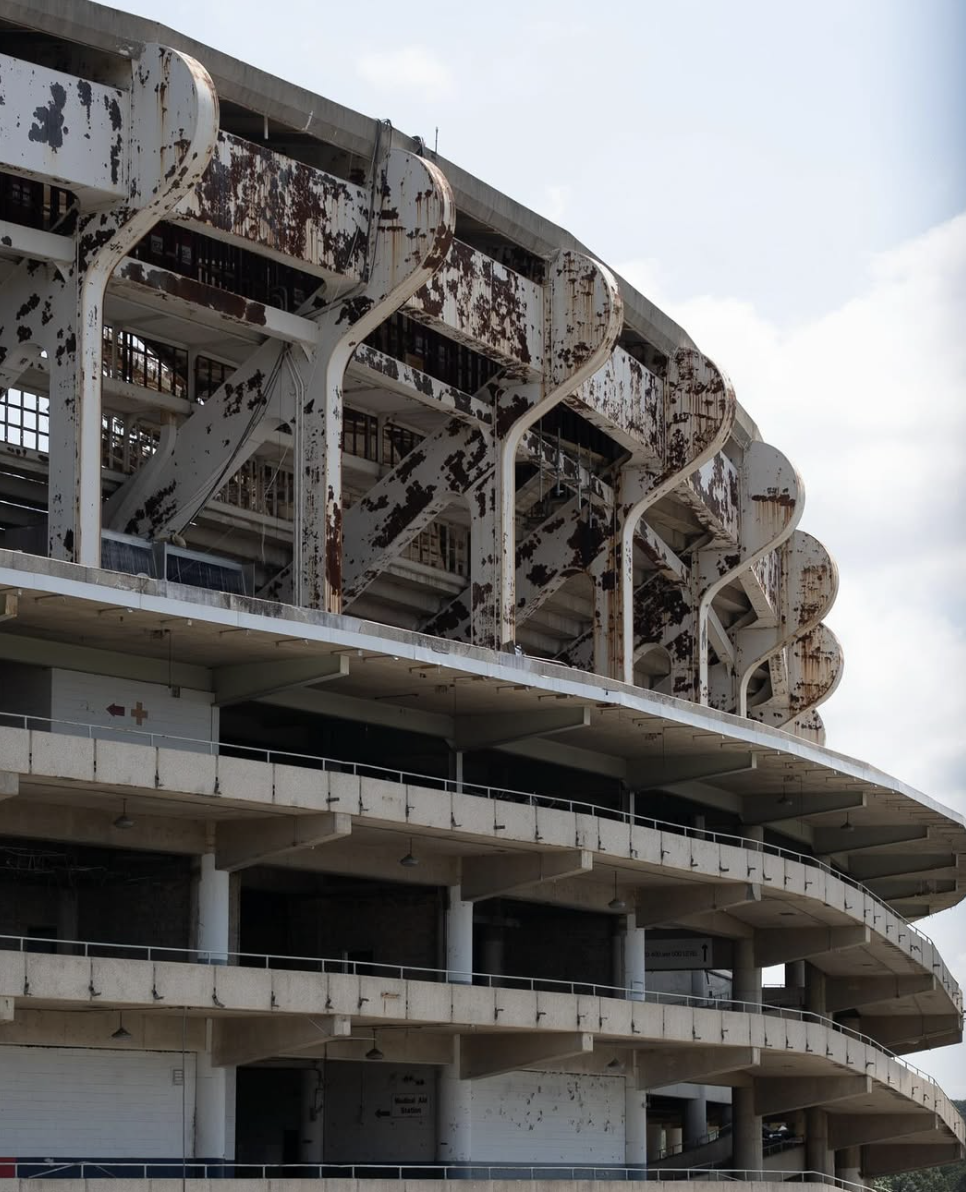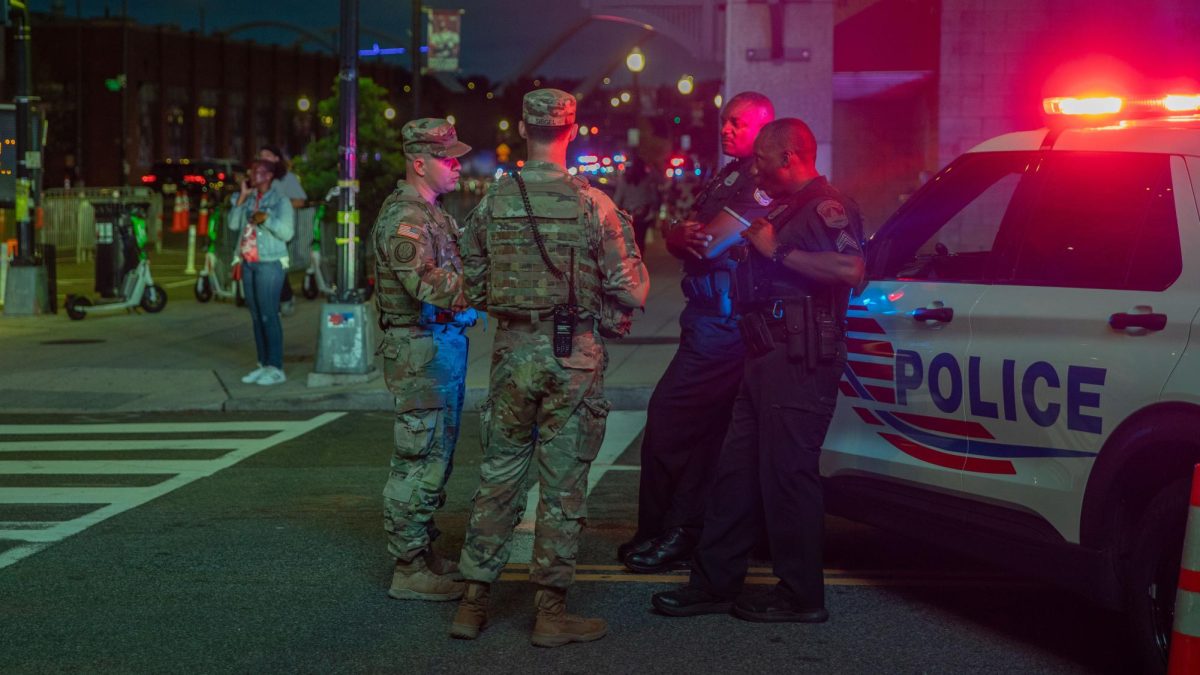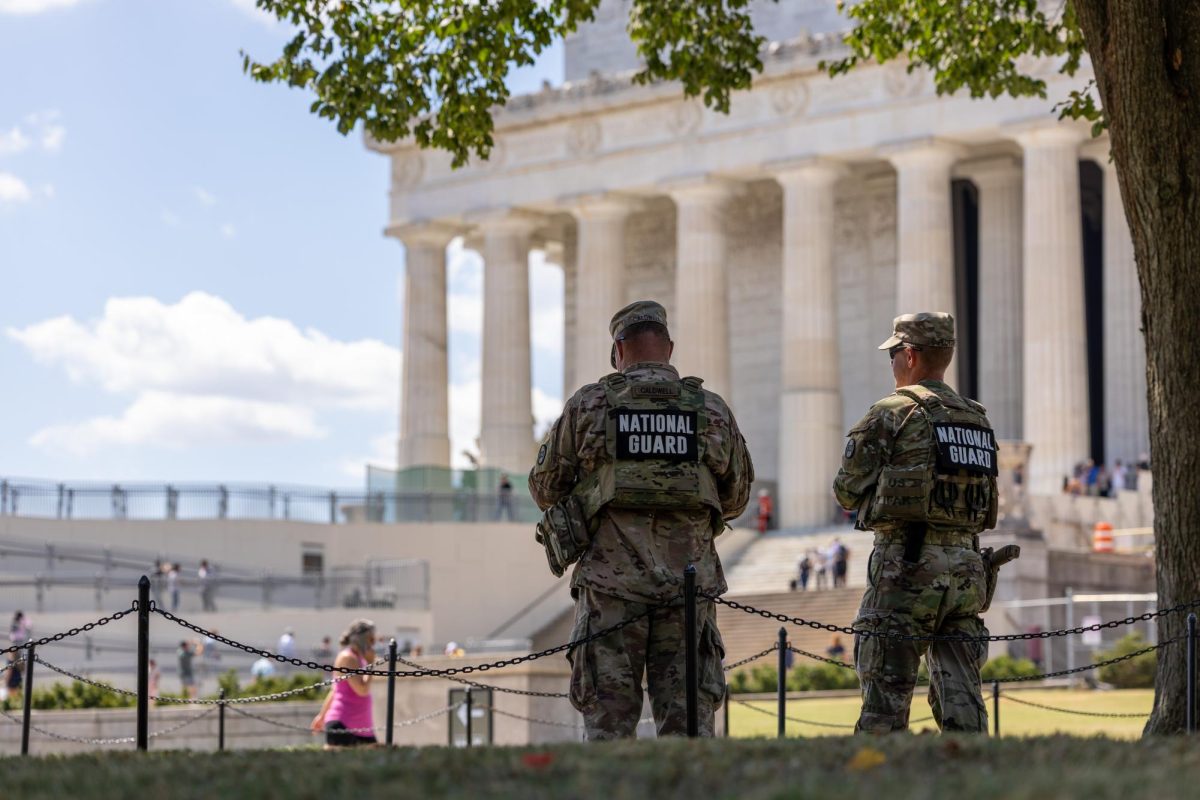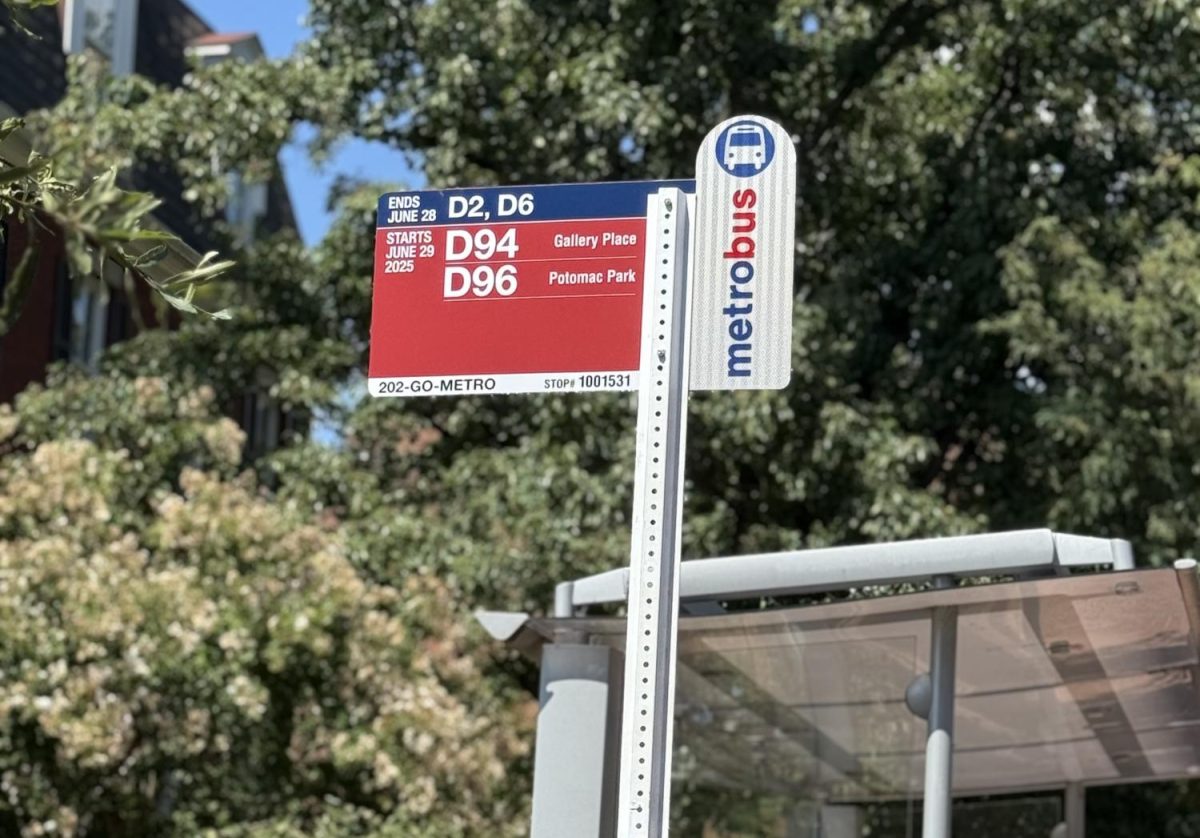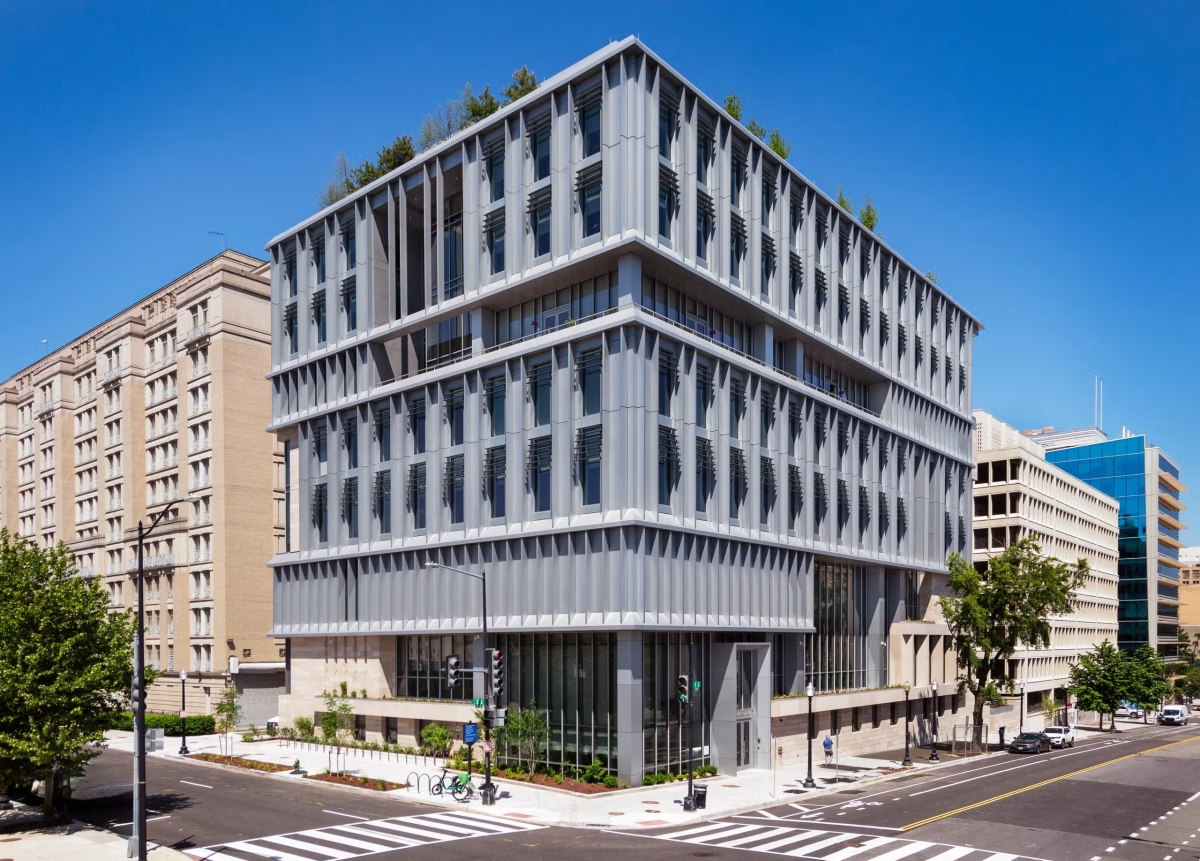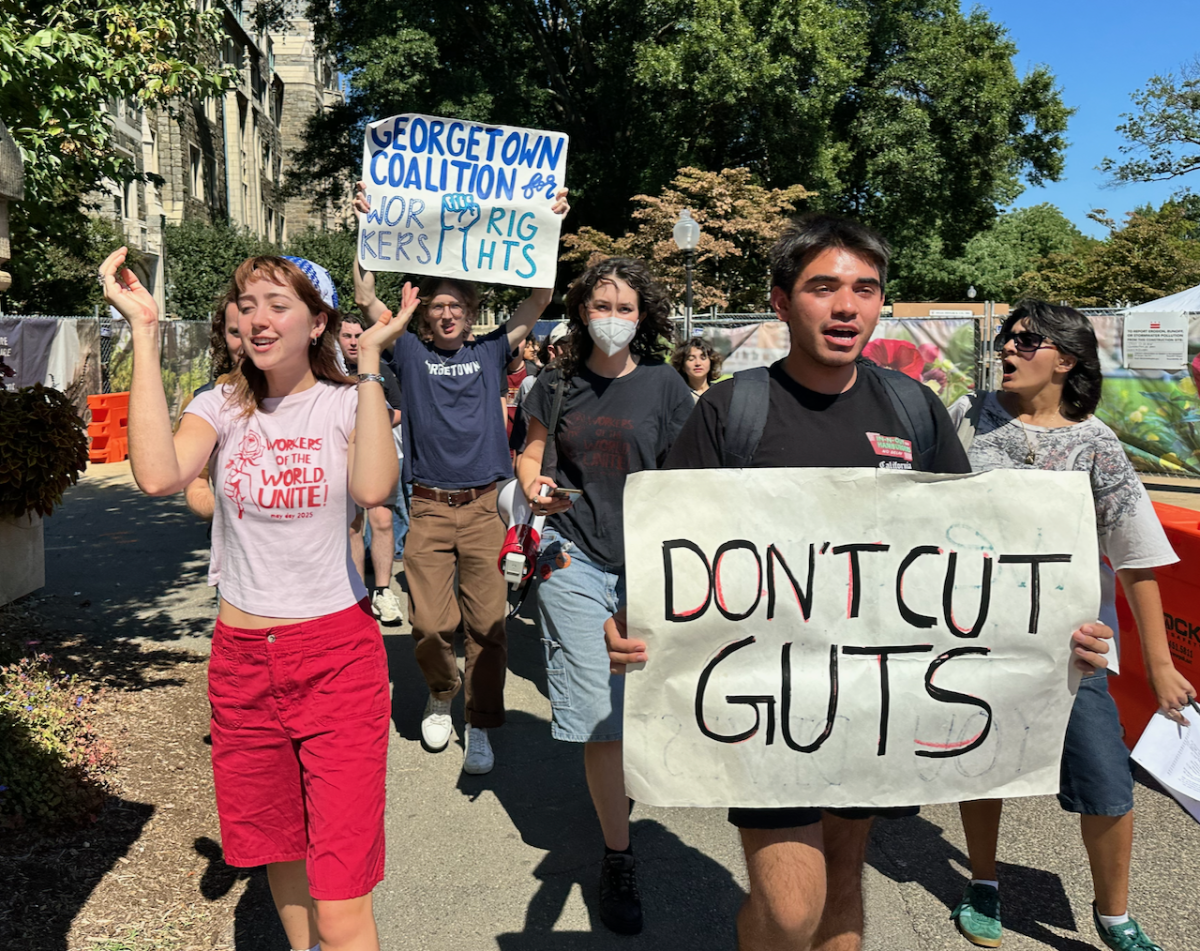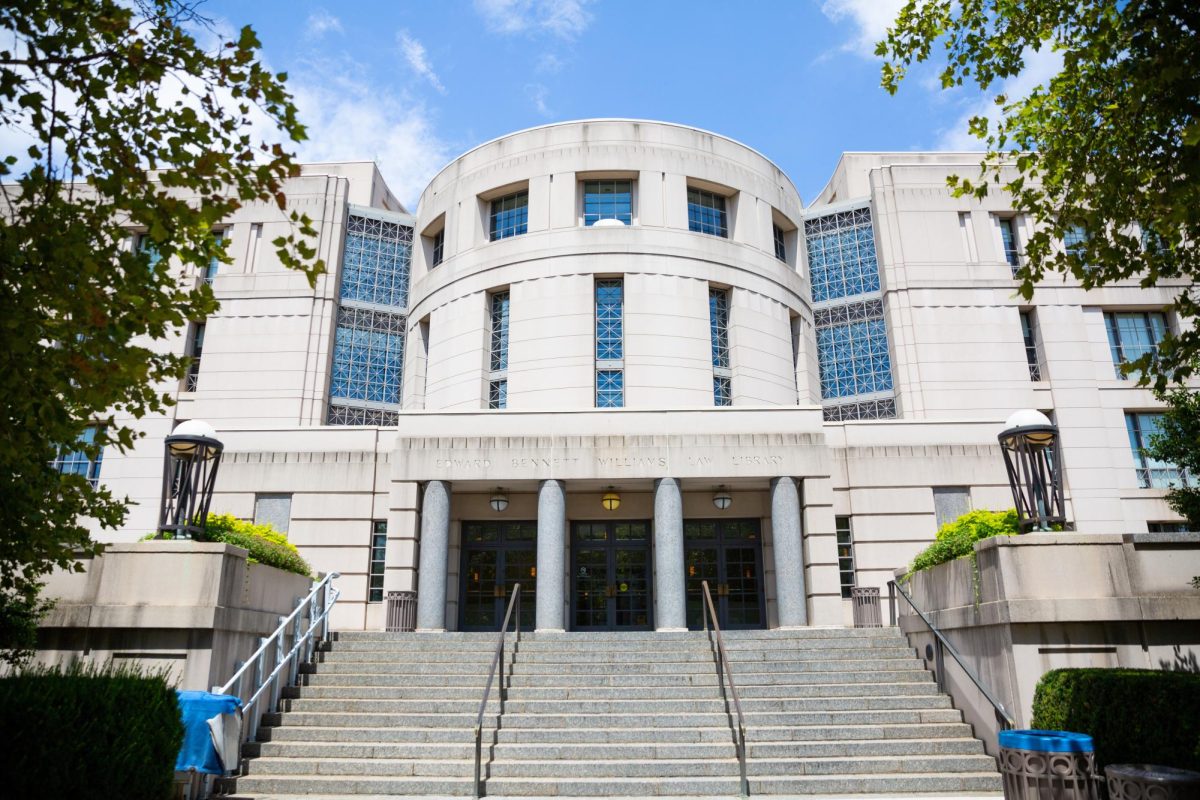The U.S. House of Representatives voted to pass four “tough-on-crime” bills Sept. 16, including legislation that lowers the minimum age for youth to be tried as adults, as part of an ongoing federal effort to tackle crime rates in Washington, D.C.
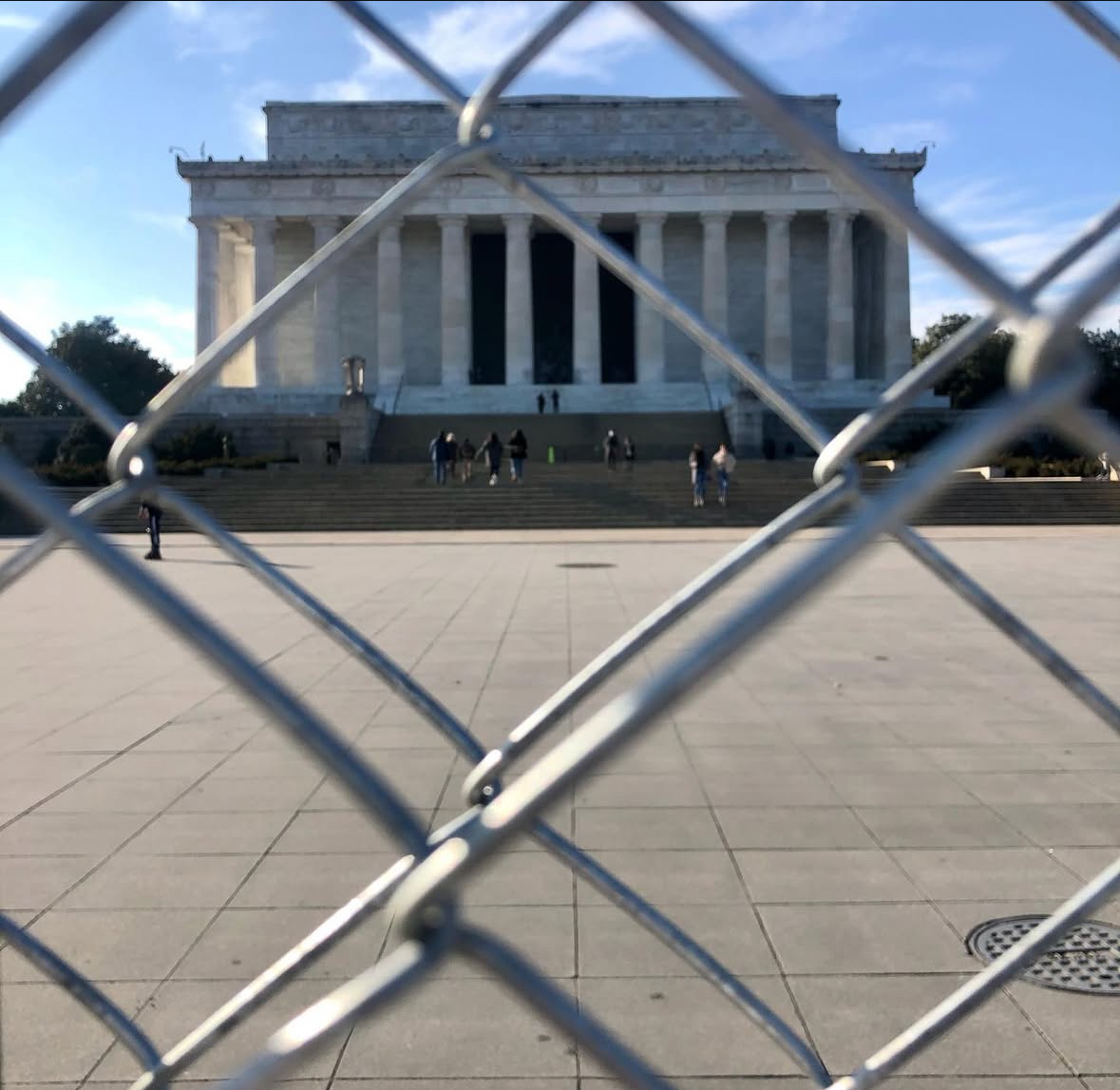
The first pair of Oversight and Government Reform Committee bills, which some Democrats voted for alongside nearly all Republicans, consisted of the D.C. Juvenile Sentencing Reform Act, which lowers the age at which minors can be tried in felony court for certain offenses from 16 years to 14 years, and the D.C. Criminal Reforms to Immediately Make Everyone Safe (CRIMES) Act of 2025, which reduces the maximum age of a youth offender from 24 years to 18 years. As a result, most Georgetown University undergraduates would now be tried as full adults in the D.C. criminal justice system.
Rep. Brandon Gill (R-Tex.), the sponsor of the sentencing reform bill, said these measures are necessary to address juvenile crime in the District, which he attributed to failures of the city’s Democratic leadership.
“President Trump’s mandate and today’s vote further prove that Republicans are the party of law and order,” Gill wrote in a press release.“We are saving Washington, D.C., from the sins of the Democrats who have driven it to the ground!”
These bills come amid President Donald Trump’s moves to exert more federal control over the District after temporarily federalizing its police force, raising concerns over D.C.’s long-term autonomy. Though the city regained control of the Metropolitan Police Department Sept. 11, the Trump administration continues to deploy National Guard troops across the District.
Juvenile crime arrests in D.C. have increased each year since 2020, with more than 2,000 juveniles arrested in 2023 and 2024.
Jennifer Woolard, a Georgetown psychology professor who runs the Community Research Group focused on juvenile and criminal justice research projects, said prosecuting youth through an adult criminal justice system does not adequately address root issues at the heart of juvenile justice.
“From a scientific perspective, research indicates that the prosecution of youth in criminal court, as opposed to juvenile court, does not reduce recidivism and, in some cases, actually increases the risk of reoffending and reoffending more quickly,” Woolard wrote to The Hoya.
Alicia Yass — the supervising policy counsel at the legal nonprofit American Civil Liberties Union’s D.C. branch — said the bills are more aimed at short-term results in lowering crime instead of long-term, lasting change.
“Research shows that being tough is not the way to have long term impacts on reducing crime,” Yass told The Hoya. “We are seeing this play out in D.C. with the influx of federal agencies that have come into D.C., and there’s been more law enforcement on the ground. We’ve seen people are afraid to leave their homes, so of course that is going to affect crime numbers.”
A 2023 study from three University of California professors outlines alternative, community-based approaches to policing that, the authors argue, can more effectively reduce crime.
Jordan Smith (SFS ’28), a student from California, where “youth offenders” up to age 26 can have designated parole hearing to focus on treatment and reentry to society, said D.C. should not move away from its approach to youth offenders.
“It requires a lot of programming and therapy, but it also offers resources like increased parole opportunities and lower-security housing,” Smith wrote to The Hoya. “The focus is on preventing crime and recidivism, not seeking vengeance. It’s disheartening to see D.C. moving away from that.”
“There’s almost no evidence in deterrence theory that tougher punishments reduce crime. It’s unclear what tossing more young people in prison — especially without concern for their future — does for D.C.,” Smith added.
The House also passed the District of Columbia Policing Protection Act of 2025, which lifts current restrictions on officers’ ability to engage in vehicular pursuits, and the District of Columbia Judicial Nominations Reform Act of 2025, which revokes the D.C. Judicial Nomination Commission’s ability to appoint D.C. judicial candidates and reassigns it to the president, on Sept. 17. All four bills face an uphill battle in the Senate since they will require more buy-in from Democratic senators.
Woolard said considering adolescent development is important to forming an informed, youth-centered approach to crime intervention that is based in rehabilitation.
“The juvenile legal system is able to access those interventions, with its missions of both public safety and rehabilitation,” Woolard wrote. “The criminal legal system does not have a rehabilitative mission and does not offer the types of interventions, programming and trained staff that could work successfully with youth.”
In response to the D.C. Juvenile Sentencing Reform Act, Yass said the city’s approach should not be structured solely around specific violent cases committed by youth.
“Often examples are pointed to of really horrific crimes, but you can’t base all of your criminal justice system on those worst-case scenarios,” Yass said. “You really have to be looking at the criminal justice system as a whole and everyone that it impacts to be making sure that you’re doing what’s best for the whole and not just these single incidents that get the most attention.”


